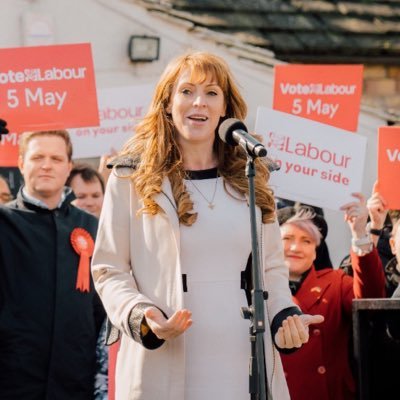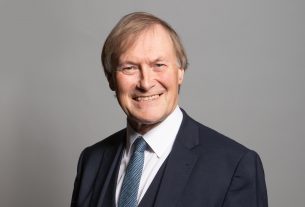Labour is extending its lead over the Conservative party and is now perceived as being less extreme and more economically competent than the Tories.
Sir Keir Starmer’s party has taken a 15% lead over the Tories, according to the latest YouGov poll which puts the Tories on 28% – a 2% fall in a week for Boris Johnson’s zombie government. Labour is up 4 points to 43% giving Stamer’s party its biggest lead over the Conservatives since 2013.
According to the New Statesman’s latest modelling (for August 21), Labour would win the largest majority if a general election were to be held today. However, the result would be a hung parliament with Labour on 295 seats – up 93 with the Conservatives losing 108 seats to total 257. Labour would be reliant on other parties to form a coalition, looking to the Lib Dems’ 23 MPs (up 12 from 2019), the SNP’s 50 MPs (up 2), Plaid Cymru’s 5 (up 1) and the single Green MP. (The new Statesman’s model does not project Northern Ireland’s election results.)
A major cause of concern for Tories is that Labour is now more trusted to manage the economy under Starmer than the Conservatives who have long enjoyed a commanding lead among the electorate on fiscal policy.
Starmer’s Labour is also perceived as less toxic than the Conservatives who are seen as more extreme.
However, Ben Walker, senior data journalist at the News Statesman suggests that Labour still has work to do, writing: “Its lead over the Conservatives owes more to apathy than to enthusiasm. A fifth term Tory government [which would be the first in 200 years] would reflect the opposition’s failure to appear a genuine and credible alternative.”
Truss taking a ‘holiday from reality’, says Gove
Conservative party leader hopeful Rishi Sunak has warned voters will never “forgive” Tories for refusing to act on the energy bill crisis.
Sunak has called Liz Truss’ plans for the economy a “moral failure”, while Michael Gove said Truss’s tax policy marked a “holiday from reality”.
Truss – the overwhelming favourite to succeed Boris Johnson in No 10 (though confirmation is still more than two weeks away) – has pledged tax cuts that even Gove said “would favour the wealthy” and help big businesses “not small entrepreneurs.”
Gove gave some praise to “tenacious, brave” Truss who, he said, has been “admirably clear, consistent and principled” in the leadership campaign, though added: “But I do not think her prospectus is the right answer for the world we face.
“It does not address the fundamental problems of potential neglected, productivity suppressed and the vulnerable suffering the most.”
Having given his support to Sunak in the (two month) “race” to replace Johnson, and given Truss’ lead among Tory party members, Gove wrote in the Times that he did “not expect to be in government again.”
Labour promises to end ‘fake living wage’
Labour is proposing to reform the minimum wage and scrap the lower rate paid to young adults meaning all over-18s would be entitled to the living wage.
In April the UK minimum wage rose by 59p to £9.50 an hour – a 6.6% increase – for older workers. The current rate of inflation is more than 10%.
Workers aged 21 and 22 are paid a minimum £9.18 per hour while those aged between 18 and 20 get £6.83 per hour.
Income boosts for younger workers could be worth hundreds of pounds under Labour’s plans that deputy leader Angela Rayner said will create a “genuine” national living wage for all workers instead of the “fake living wage they can’t live on”.
If it wins power, Labour said it will instruct the independent Low Pay Commission to set a minimum wage that covers the costs of living. The Living Wage Foundation is urging bosses to pay a minimum £9.50 per hour for workers outside London – 40p more than current rate.
Shadow chancellor Rachel Reeves said employers currently paying a “real living wage” should be commended, adding: “But they should not be undercut by those who don’t, which is why we need a level playing field.”
Real wages in the UK took a record fall between April and June this year as inflation and the cost of living crisis slashed 3% of regular pay packets, according to the Office for National Statistics.
Pay rises in the private sector (averaging 5.9%) are more than triple the average 1.8% rise given to public sector workers. Both groups are still worse off after their pay increase because of soaring inflation, most markedly seen in energy and food bills.



